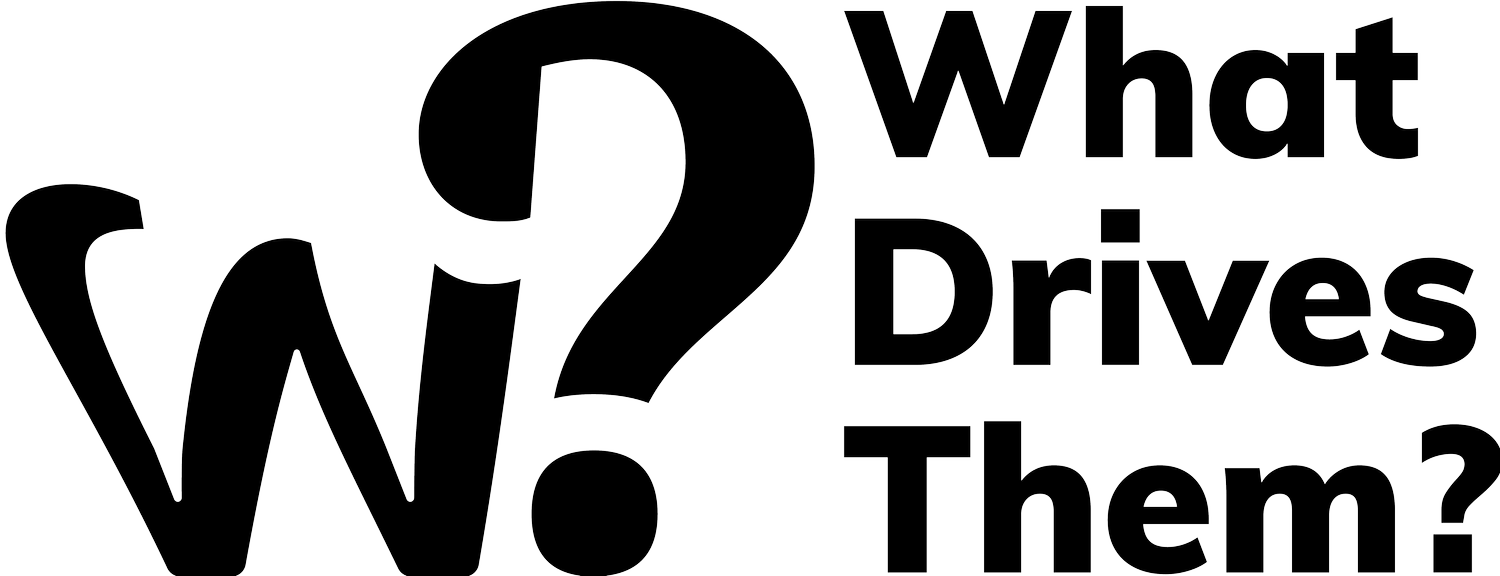Understanding User Needs with Behavioural Personas
Imagine this: you’re buying a place, but you’re not sure how you will use it or what your budget is. There’s a chance you’ll either keep looking until you know what you want, keep changing places every couple of months and losing money, or—hopefully—you’ll get lucky.
Now, imagine the architect who built this place also had no idea what the needs for this place would be or how it would be used. I’m hoping I don’t find a 2x2 room somewhere just because it looks cool but has no functionality.
This is what happens when people build products without understanding their users, without a behaviour persona to back it up. You’re building without knowing the needs of your users or why you’re building this. Behavioural personas are different from buyer personas on several levels. A behavioural persona focuses on the why and how—the current reality of a person solving problems and why our alternative or any other solution would work. It focuses on their motivations and the meaning they find in solving problems. It does not, however, focus on age, title, or salary.
Creating a behavioural persona delves into what is necessary and highlights it, making it the essence of what we are trying to solve, so things do not get lost in translation. It’s about understanding the deeper motivations and behaviours of your users, which is essential in consumer psychology and behavioural design.
I invite you to give behavioural personas a try. If you want to know more, you can check my Miro board; https://miro.com/app/board/uXjVKc0JKQc=/?share_link_id=111960919571 to build one out. I also occasionally do free masterclasses that discuss behavioural personas. Embracing this approach can lead to more effective product development and marketing strategies, ultimately creating solutions that truly resonate with your users.
By focusing on the psychological aspects of consumer behaviour, you can design products and experiences that meet real needs and foster deeper connections with your audience. This not only enhances user satisfaction but also drives loyalty and long-term success.
If you like this you might be interested in our Behaviour Persona Free Masterclass.


